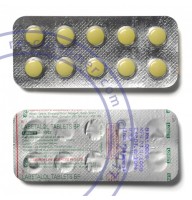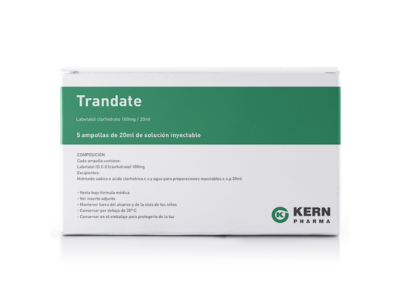Labetalol, like other beta-blockers, can potentially cause weight gain in some individuals. There are several reasons why this may occur:
Fluid Retention: Beta-blockers such as Labetalol can sometimes cause fluid retention or edema, particularly in the lower extremities (legs and ankles). This can lead to an increase in body weight due to the accumulation of fluid.
Metabolic Changes: Beta-blockers can affect the body's metabolism and may lead to changes in how the body processes and stores carbohydrates and fats. This altered metabolism can contribute to weight gain over time.
Decreased Physical Activity: Some people may experience fatigue or tiredness as a side effect of Labetalol, which can lead to decreased physical activity levels. Reduced activity can contribute to weight gain if calorie intake is not adjusted accordingly.
Appetite Changes: While not as common as fluid retention or metabolic changes, some individuals may experience changes in appetite or eating habits while taking Labetalol. This can lead to increased calorie consumption and subsequent weight gain.
Individual Variability: Everyone responds differently to medications, including beta-blockers like Labetalol. Some individuals may be more susceptible to weight gain as a side effect, while others may not experience this issue at all.
It's important to note that not everyone who takes Labetalol will experience weight gain, and the degree of weight gain can vary widely among individuals. If weight gain becomes a concern while taking Labetalol, discussing this with a healthcare provider is advisable. They can evaluate the potential causes, assess whether adjustments to the medication or lifestyle changes are needed, and provide guidance on managing weight effectively.

